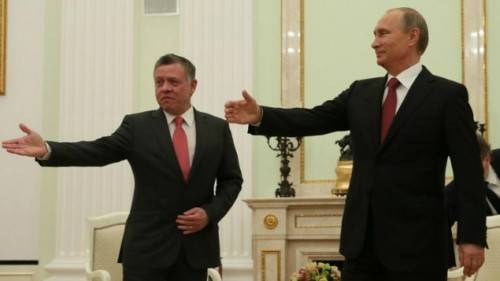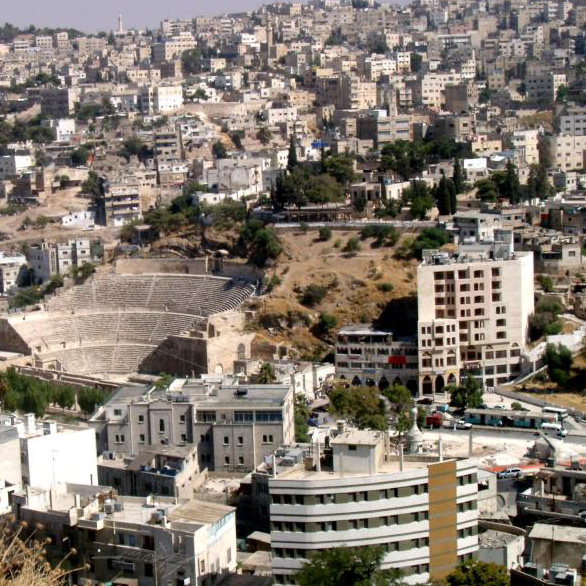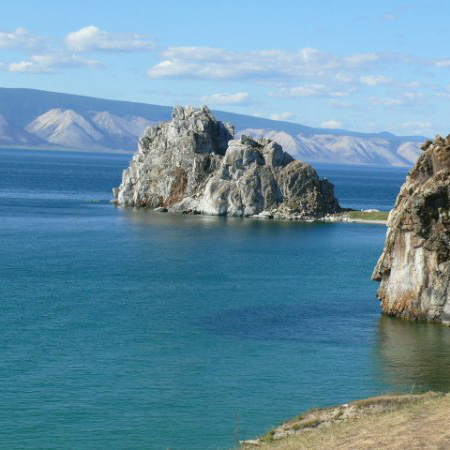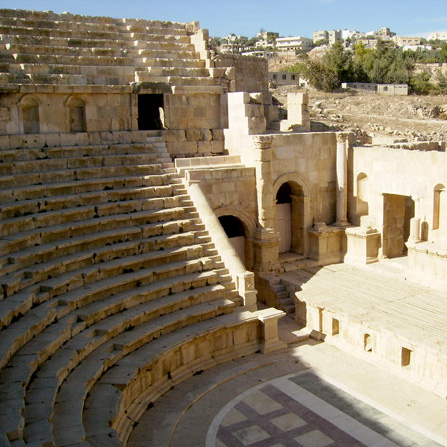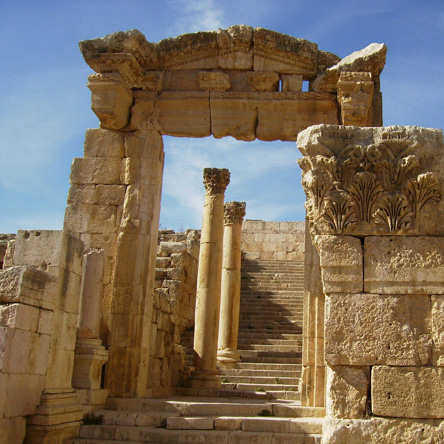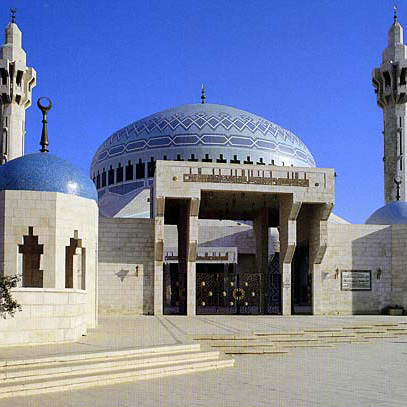How Jordan’s turn to Russia going to prove its value?
News Mixed / After Moscow had started a military intervention in the Syrian situation on 30th September, Jordan refrained from any public statements for a few weeks. However, on 23rd October Moscow and Amman made an unexpected statement that they had reached an agreement on military cooperation in Syria.
The statement was issued in Vienna during a press conference with the participation of the Russian Federation Minister for Foreign Affairs, Sergei Lavrov, and his Jordanian counterpart, Nasser Judeh. Nasser Judeh expressed a hope for ‘the effectiveness of the coordination between the Jordanian and Russian armies in their actions against the terrorists of every stripe’, noting that ‘there are some deep channels of cooperation on Syria between Jordan and Russia’.
Lavrov said that under the agreement ‘the militaries of both countries agreed to coordinate their actions, including air missions over the Syrian territory’.
On the same day in Amman, government spokesman, Mohammad Al-Momani, told to the news agency Ammon that the cooperation with Russia ‘aims to secure the northern borders of the Kingdom and to ensure the stability in the southern part of Syria’. However, he also stressed that Jordan remained a part of the international anti-terrorist coalition.
Commenting the reached agreement, Ambassador of Jordan in Russia, Ziyad Al-Majali, said that the development of a ‘special working mechanism’, which included the information exchange on the operations in Syria, had broadened the military cooperation between two countries to an unprecedented level.
In recent months, Jordan, a US ally, has maintained close contacts with the Kremlin, mainly in order to find a political solution to the Syrian conflict. In the end of August, King Abdullah visited Moscow and reports say that in a conversation with President Vladimir Putin he noted a Russia’s crucial role in conciliation of the warring parties in Syria in order to resolve the crisis which had already taken a quarter of a million people’s lives.
The relationships between Amman and Moscow are developing rapidly. On 24th March an agreement worth 10 billion dollars to construct the first nuclear power plant in the Kingdom with two reactors with a capacity of one thousand megawatts each was signed. This treaty, which is of a strategic importance to the country being in need of electricity, was concluded after several months of negotiations.
Now, analysts emphasize the political and military importance of the recent agreement on Syria. In the south of Syria, Jordan has certain relations (including training and arms deliveries) with the Free Syrian Army (FSA), whose press secretary lives in Amman. The FSA serves as a kind of buffer between the northern border of Jordan and the extremist groups, including the ISIL and the Al-Nusra Front.
For some months there has been a relative lull in the southern front and Jordan would prefer to keep this state of affairs. According to some political commentators such as Oreib Al-Rintavi and Fahd Al-Hitan that very desire of Amman to avoid the aggravation of the situation near its borders can, at least partly, explain the cooperation with Moscow.
In the end of October, after examining the issue of the extent of the presence of FSA in Syria, Lavrov said about his country’s readiness to put up an air umbrella for the group fighting against the ISIL, but FSA rejected the Russia’s proposal.
Oreib Al-Rintavi supposes that the lack of Jordan’s response to the Russia’s military intervention in the Syrian crisis ‘is a sign of the tacit approval of Moscow’s actions and reflects the cautious approach of Amman to the Syrian conflict’. According to him, Jordan kept as far as possible from the ‘axis of war’ in Syria, being convinced of the existence of solutions that allows preserving the territorial integrity of Syria and preventing its disintegration ‘with Bashar Al-Assad or without him’. Oreib Al-Rintavi is sure that Russia and Jordan have developed a general approach on Syria, which focuses on the victory over the Jihadists and corresponds to the interests of Amman, keeping the northern border of the Kingdom out of the conflict as long as possible.
In the article of 25th October in the Al-Ghad publication Fahd Al-Hitan also appreciated highly the agreement noting that Jordan received a ‘significant opportunity for a foreign-policy maneuver without any prejudice to its international relations and alliances.’ Fahd Al-Hitan writes that ‘at the regional level the agreement did not cause any dissatisfaction, since all the other parties had also been engaged in dialogue with Russia, and the United States were the first to begin to coordinate their actions with the Russian army in Syria’. In conclusion, he notes that the agreement promises to Jordan a number of benefits including participation in the political settlement and the protection of its northern borders from the terrorists’ infiltration.
Oreib Al-Rintavi is sure that soon the Russians will be more aware of the value of Jordan, ‘as Amman may become a mediator in the negotiations with moderate militants in the southern part of Syria in order to find the conditions for national reconciliation that will pacify the south of the country and create a model for other areas’.
Actually, as soon as the agreement was made public, Jordan became a member of consultations and meetings regarding Syria. Putin informed King Abdullah about the results of Assad’s unexpected visit to Moscow on 2nd October, and Amman was invited to an enlarged meeting on Syria, which was held in Vienna on 30th October. It seems at the moment that the latest Jordan’s turn in the direction of Russia has proved its value.
News
23.08.2021
Meeting with King Abdullah II of Jordan
12.06.2019
Cooperation Agreement Signed in Hashemite Kingdom of Jordan
Russian-Arabic Business Council
Всех заинтересованных в установлении и развитии сотрудничества с деловыми кругами стран Арабского Востока приглашаем обратиться в Российско-Арабский Деловой Совет по адресу:
109012 г. Москва, ул.Ильинка, 5/2
тел./факс + 7 (495) 929-02-55
тел. + 7 (495) 929-03-13/15/16
эл.почта: rads@tpprf.ru
сайт: www.rusarabbc.ru
